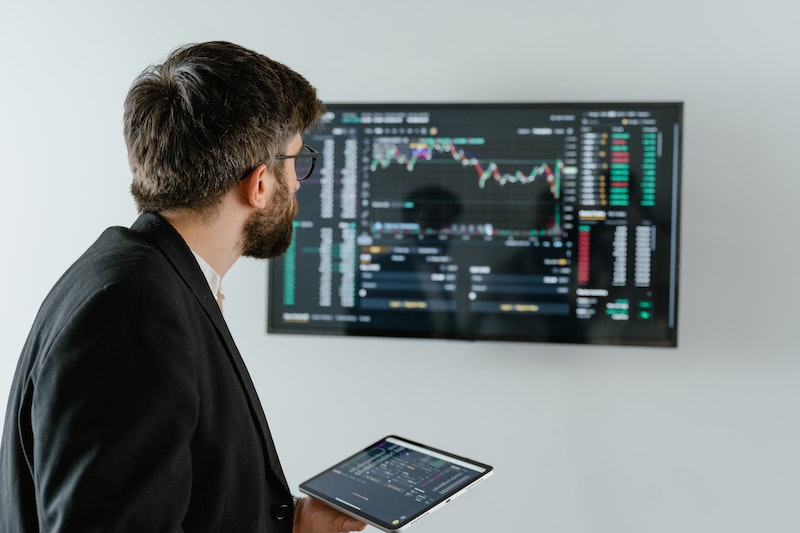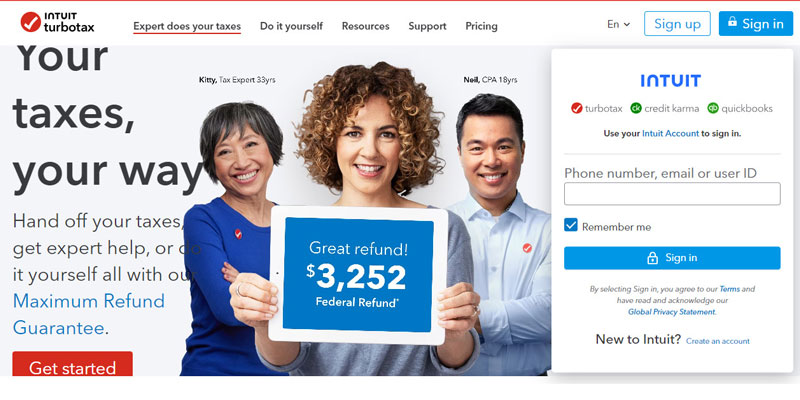Every commodity broker must get a license from NFA and register with the organization as an "affiliated person." The Series 3 examination is a test the candidate must pass to be eligible for that license. You may get the test outline form to fill out on the NFA website before the exam.
The exam is divided into two sections: the first assesses a broad understanding of the futures market, and the second covers the laws and regulations. Do not underestimate the importance of this section of the exam. It addresses problems associated with "properly handling the client." If a brokerage business already employs you, then that company ought to be able to provide you with study materials. There are many different types of online educational programs accessible. Make sure that whatever source you select has the most recent information. The guidelines and policies are subject to continuous revision.
Additionally, an 8-R form must be filled out and sent to the NFA by the applicant. The applicant's residence history for the previous five years and job history for the previous ten years are both covered by this form. Any history of criminal activity and any other disciplinary proceedings issued in other financial professions must be disclosed.
The applicant must then submit their fingerprints to the FBI along with the 8-R form for the FBI to conduct a background check on the application before the applicant can be granted a temporary license. The fingerprinting process often takes place at a local police station.
Where to Find Employment as a Commodity Broker
The potential candidate for the role of a licensed commodities broker must be already employed in the industry before beginning the licensing procedure. Since most stock brokerage companies do not trade commodities, you should seek a brokerage business specializing in commodities rather than a general stock brokerage firm. These individuals are usually referred to as Introducing Brokers or just IBs. You can also work directly for a Futures Commission Merchant, abbreviated FCM. The majority of FCMs may be found in either Chicago or New York.
Getting Down to Business
A career as a commodity broker requires strong sales abilities, the analytic capacity to do commodity research on various commodities, and the ability to deal in those commodities. The research divisions of many commodity brokerage businesses are responsible for doing most of the analysis and providing trading recommendations. This indicates that the ability to sell products or services is the most valuable quality.
When it comes to trading commodities, Chicago is the place to be. Among other things, it is the location of the CME Group, which is one of the largest commodity exchanges in the whole world. Fewer than five commodity brokerage businesses may be found in most other big cities. It is quite likely that you will need to hunt for a company that specializes in commodities. It's not very common for major financial institutions like Morgan Stanley to seek job prospects just for trading commodities.

Both a Bull and a Bear
Strong cyclical patterns in the business characterize the commodity market. During bull markets, there is often a lot of interest from an investor community that is always growing. There is typically employment available for new brokers just starting in the industry. The contraction of the company occurs during downturn markets.
An active bull market existed in commodities from 2003 through 2012, during which time prices steadily increased and attracted a surge of investor interest. This bull market lasted from 2003 until 2012. Commodities are now considered conventional investment vehicles, having formerly been considered alternatives.
Then, beginning in 2012 and continuing until the beginning of 2016, bad market circumstances produced a reduction in commodity interest, and prospects for brokers declined along with the prices. Still further on, heightened volatility in various commodity markets led to high amounts of buying and selling.
What Does It Mean to Work as a Commodity Broker?

On behalf of an investor, a commodity broker will purchase or sell various physical commodities, including agricultural goods, minerals, natural gas or oil, precious metals, and precious metals and minerals. They devote a lot of attention to monitoring the worldwide markets for a particular commodity or set of commodities and engage in transactions on the trading floor. Among the responsibilities is the creation of reports and projections.
They often work for brokerage businesses, where they deliver their research to the management of such firms or their customers through trade suggestions. Some commodity brokers will trip to the production or extraction sites of the commodities they trade-in. These locations may include a vast farm or a coal mine.




